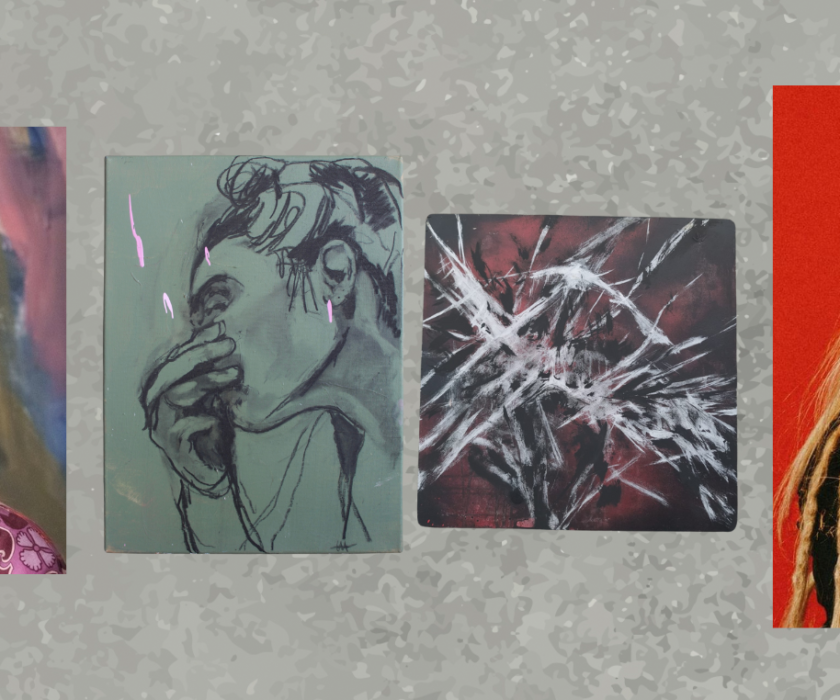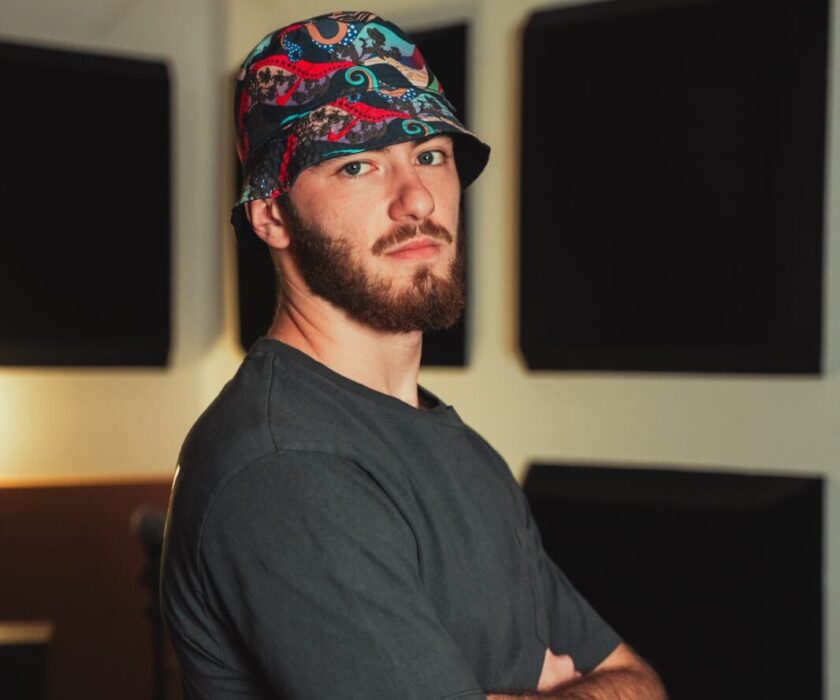As artificial intelligence (AI) becomes increasingly sophisticated, its potential applications in creative fields, particularly the music industry, have sparked both excitement and concern. While AI tools can support music creation, analysis, and production, they also raise significant ethical and legal questions around copyright, fair compensation, and the preservation of human creativity. With the recent rise in AI-generated music, the unlicensed use of AI in the music industry has become a focal point of concern among musicians, songwriters, and other creatives. In response, many industry professionals are calling for clear regulations and guidelines to protect their rights in the face of AI advancements, which they announced in a petition Statement on AI training that already has more than 35.000 signatures.

AI technology in music has evolved quickly, with machine learning models able to compose, mix, and even replicate established artists’ distinct sounds or voices. Generative AI models, like OpenAI’s Jukedeck and Google’s MusicLM, can produce original compositions with minimal human input. In some cases, AI can be trained on specific artists’ catalogs to create songs that closely mimic their unique sound, which raises questions about whether these AI-generated works infringe on intellectual property rights.
From a technological standpoint, AI has the potential to revolutionize music production and distribution. For instance, music streaming platforms like Spotify are exploring AI-driven music curation and recommendation algorithms to deliver highly personalized listening experiences. Producers and musicians can also leverage AI to streamline workflows and improve efficiency in the recording studio. However, the commercialization of such tools without proper licensing agreements or protections is now creating friction within the industry.
Legal and Ethical Issues in AI-Driven Music
A key issue with unlicensed AI in music is copyright infringement. Musicians argue that when AI systems are trained on their work without permission, the resulting music creations are, in essence, unauthorized reproductions. This form of “training data scraping” has led to debates about who owns the rights to AI-generated content, particularly when it draws directly from existing copyrighted works. According to the APRA AMCOS report, many artists feel that without safeguards, their work could become “raw material” for AI, potentially undermining the value of their original creations.
Beyond copyright, there’s also the question of attribution and compensation. Unlike traditional music royalties, AI-created songs do not automatically provide credits to the original artists whose work inspired the output. This creates a potential loss of revenue for musicians and songwriters who might see their influence reflected in AI-generated music without receiving any financial benefit.

Industry Responses: Push for Transparency and Regulation
In light of these challenges, many artists and music organizations are advocating for stricter regulations and more transparency around AI in the music industry. The “AI Training Statement” signed by over 35.000 creatives calls for restrictions on using copyrighted material to train AI systems without permission. Thom Yorke, members of Radiohead, ABBA’s Björn Ulvaeus, Julianne Moore, and thousands of other creatives recently signed a statement warning of the potential harms of AI in art and music. Their stance highlights concerns that AI could erode human artistry and reduce cultural diversity by automating and homogenizing music creation processes.
If AI-generated music becomes indistinguishable from human-made music, there’s a risk that unique creative voices could be overshadowed by machine-generated compositions, leading to a loss of authenticity in the industry. Signatories of the statement argue that AI companies should obtain explicit consent before using artists’ work as training data and should pay fair compensation when AI-generated music mimics or replicates artists’ unique styles.
Some industry bodies, such as APRA AMCOS, are actively working to address these concerns by pushing for new legal frameworks that would prevent the unauthorized use of AI in music. They suggest that companies developing AI tools should adhere to ethical standards that prioritize artists’ rights and offer equitable compensation for the value their work brings to AI models.
The music industry’s push for regulation and transparency reflects a growing recognition that AI is not just a technological advancement but a societal shift with profound implications for creative industries. As AI continues to develop, collaboration between tech companies, lawmakers, and artists will be essential to create an environment where innovation can coexist with respect for human creativity.


